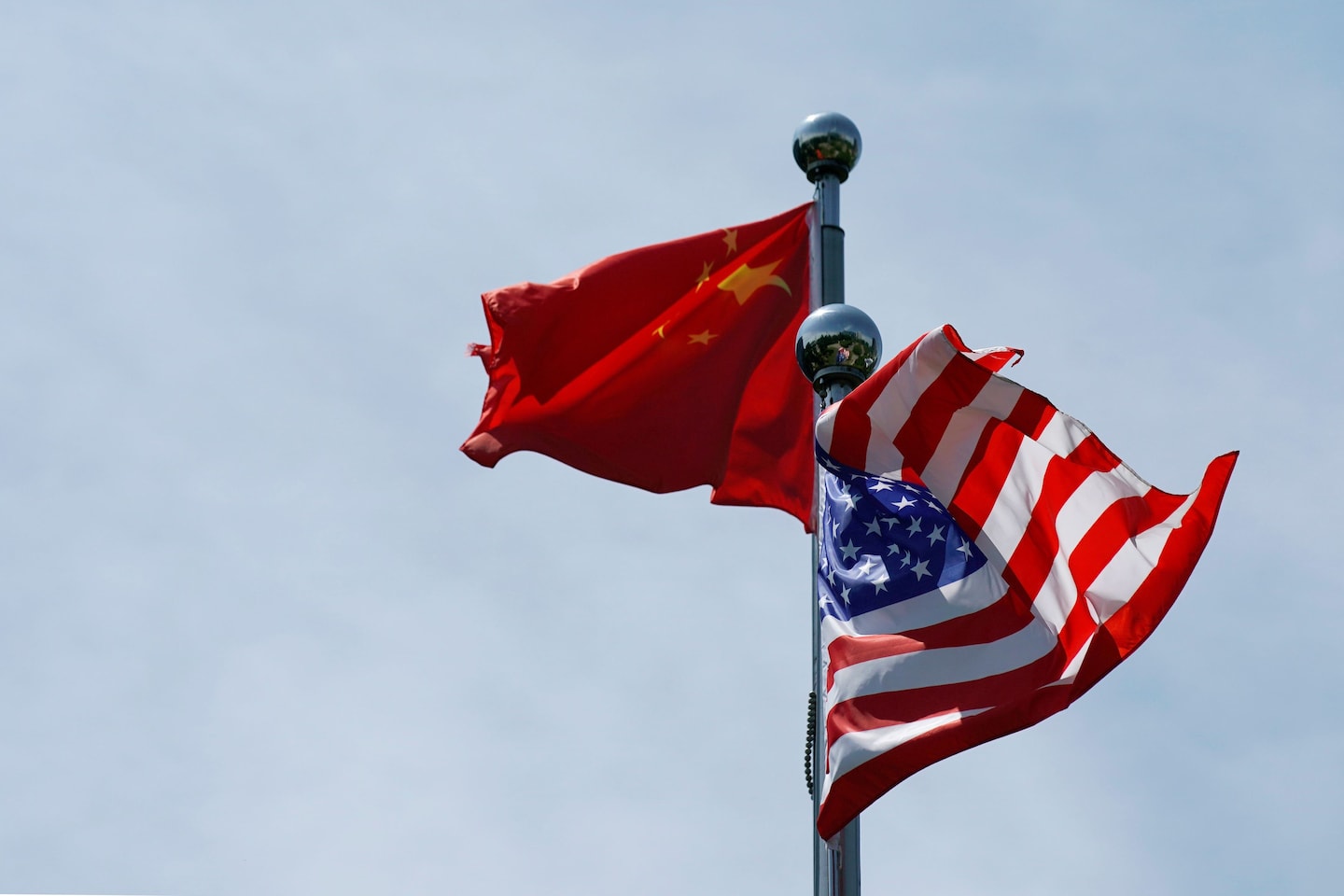We need a broad, transpartisan debate on how to engage with China before it’s too late

The Trump administration’s 2017 National Security Strategy elevated China and Russia to primary national security threats. It labeled China a “revisionist” power that seeks “to shape a world antithetical to U.S. values and interests” while “attempting to erode American security and prosperity.” There is transpartisan support for confrontation with China, but the United States ought to consider alternatives to this posture before it is too late.
Some tensions are inevitable given the dynamics of one national power rising, while a long-dominant superpower awakens to the constraints of economic decline and costly overreach. U.S. trade relations with China, constructed by corporations and other businesses eager to profit from cheap labor and lax consumer and environmental protections, have not liberalized the Chinese Communist Party but contributed to undermining U.S. industries and America’s working class. Under Xi, China has asserted its growing power and confidence internally and externally. See: Beijing’s repression of the Uighurs in Xinjiang province, expansionist claims in the South China Sea, and its stepped-up alternatives to U.S.-dominated international institutions such as the Asian Infrastructure Investment Bank and the multifaceted Belt and Road Initiative.
Meanwhile, the United States finds itself mired in endless conflicts abroad and burdened by international defense commitments, increasingly decrepit infrastructure and eroded state capacity. Most worrying about the anti-China foreign policy consensus is not its anachronistic rhetoric or inflation of the China threat but the triumphalism with which both the Trump and Biden foreign policy teams are pushing the narrative of a new cold war. Despite obvious differences in circumstances, this narrative involves a wrongheaded assumption that Communist China can be vanquished into the dustbin of history, much as the Soviet Union was.
It’s assumed that U.S. allies will happily follow our lead — thankful for U.S. leadership in the protection of their security and the defense of our common values — and that U.S. predominance will again be secured. This kind of triumphalism smacks of the assurances that advocates of the Iraq War offered in 2003. It badly underestimates the scope of Chinese economic ties with countries across the globe. Before descending further into newfangled cold war politics at home and abroad, the United States needs to urgently assess where it is headed. Begin with the reality that the most portentous threat to U.S. security is catastrophic climate change — something that can be meaningfully addressed only in cooperation with China, the world’s largest emitter of carbon dioxide.
Similarly, think big picture about the scourge of global pandemics: They demand greater international cooperation and vigilance, not less — though, yes, covid-19 has exposed the imperative of focusing attention and resources on revival here at home. Meanwhile, progressives who think that a faceoff with China can force a modern industrial policy on the United States are likely to find that a cold war instead would give license to a rapacious military-industrial-academic complex to drive a costly military buildup and, ultimately, leave other sectors and industries less secure, if not devastated.
Broad debate is vital to explore reasonable engagement with China and alternatives to a new cold war posture. Notice that China doesn’t attempt to impose its model on the world. It is increasingly aggressive in forging economic ties and asserting its interests — including by filling the role vacated by the United States on the global stage amid the pandemic crises — but it isn’t building military alliances. Its model attracts not because of ideology but because it succeeded in lifting citizens from abject poverty.
Read more:






